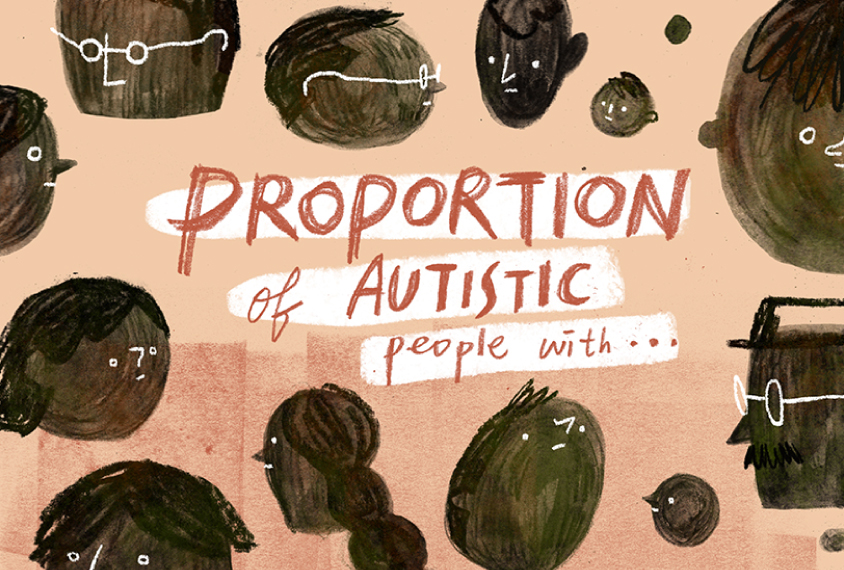Jeanne Erdmann is an award-winning health and science writer based in Wentzville, Mo. A member of Association of
Health Care Journalists board of directors, she is the chair of the organization’s Freelance Committee. Her work has appeared in Discover, Women’s Health, Aeon, Slate, The Washington Post, Nature, Nature Medicine and other publications. You can follow her at @jeanne_erdmann.
Jeanne Erdmann
From this contributor
Analysis pins down prevalence of mental health conditions in autism
Eight mental health conditions occur unusually often in autistic people, a new analysis suggests.

Analysis pins down prevalence of mental health conditions in autism
Drug screen reveals potential treatments for Rett syndrome
An experimental leukemia drug and a chemical in black pepper ease breathing and movement problems in a mouse model of Rett syndrome.

Drug screen reveals potential treatments for Rett syndrome
Explore more from The Transmitter
Dendrites help neuroscientists see the forest for the trees
Dendritic arbors provide just the right scale to study how individual neurons reciprocally interact with their broader circuitry—and are our best bet to bridge cellular and systems neuroscience.

Dendrites help neuroscientists see the forest for the trees
Dendritic arbors provide just the right scale to study how individual neurons reciprocally interact with their broader circuitry—and are our best bet to bridge cellular and systems neuroscience.
Two primate centers drop ‘primate’ from their name
The Washington and Tulane National Biomedical Research Centers—formerly called National Primate Research Centers—say they made the change to better reflect the breadth of research performed at the centers.

Two primate centers drop ‘primate’ from their name
The Washington and Tulane National Biomedical Research Centers—formerly called National Primate Research Centers—say they made the change to better reflect the breadth of research performed at the centers.
Post-infection immune conflict alters fetal development in some male mice
The immune conflict between dam and fetus could help explain sex differences in neurodevelopmental conditions.

Post-infection immune conflict alters fetal development in some male mice
The immune conflict between dam and fetus could help explain sex differences in neurodevelopmental conditions.